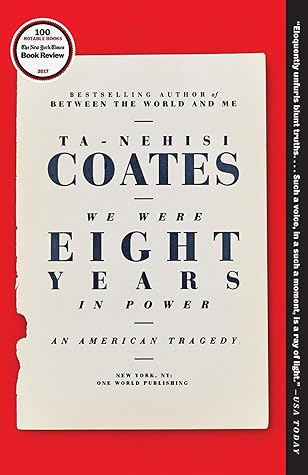More on this book
Community
Kindle Notes & Highlights
Read between
December 31, 2019 - January 1, 2020
It applauds, even celebrates, Good Negro Government in the unthreatening abstract—The Cosby Show, for instance. But when it becomes clear that Good Negro Government might, in any way, empower actual Negroes over actual whites, then the fear sets in, the affirmative-action charges begin, and birtherism emerges.
There is a basic assumption in this country, one black people are not immune to, which holds that if blacks comport themselves in a way that accords with middle-class values, if they are polite, educated, and virtuous, then all the fruits of America will be open to them.
But the argument made in much of this book is that Good Negro Government—personal and political—often augments the very white supremacy it seeks to combat.
I know now that that hunger is a retreat from the knotty present into myth and that what ultimately awaits those who retreat into fairy tales, who seek refuge in the mad pursuit to be made great again, in the image of a greatness that never was, is tragedy.
I knew, even then, that whenever I nodded along in ignorance, I lost an opportunity, betrayed the wonder in me by privileging the appearance of knowing over the work of finding out.
In those days I imagined racism as a tumor that could be isolated and removed from the body of America, not as a pervasive system both native and essential to that body.


